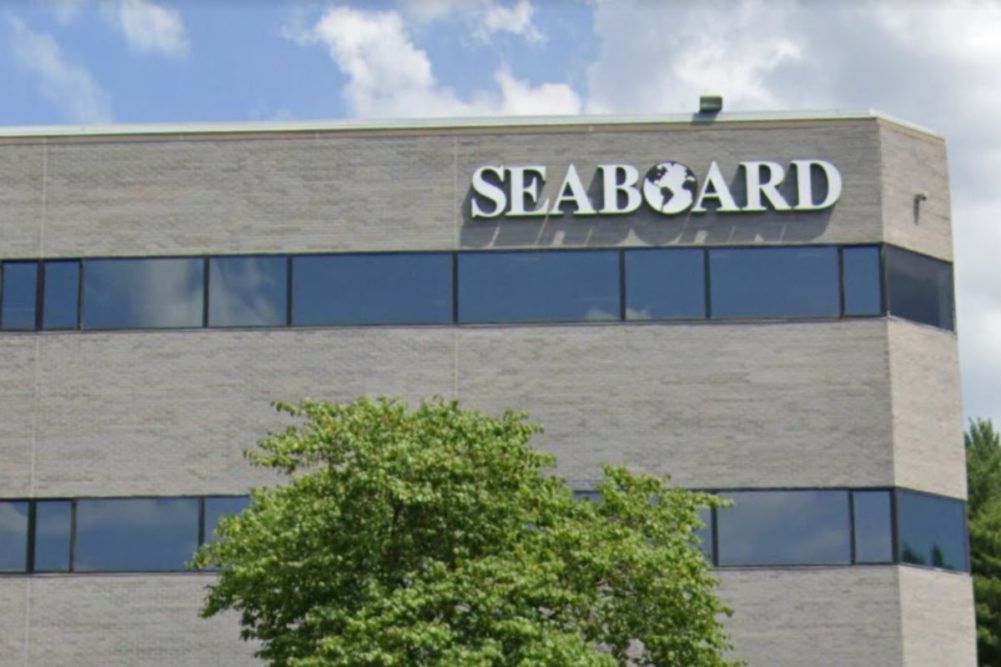MERRIAM, KANSAS, US — Seaboard Corp. posted operating income of $151 million in its Commodity Trading and Milling (CT&M) segment during the fiscal year ended Dec. 31, 2022, up 148% from $61 million in fiscal 2021 and compared with $118 million in fiscal 2020.
Seaboard said the increase in operating income primarily reflected higher margins on certain commodities, costs associated with operational changes recorded in 2021 not repeated in the current year, and derivative contract gains of $7 million related to the change in mark-to-market adjustments compared to losses of $7 million in 2021.
“Due to worldwide commodity price fluctuations, the uncertain political and economic conditions in the countries in which this segment operates and the volatility in the commodity markets and the ongoing impacts of the COVID-19 pandemic, including variants, management is unable to predict sales and operating results for this segment for future periods,” Seaboard noted in a Feb. 14 filing with the US Securities and Exchange Commission. “However, management anticipates positive operating income for this segment in 2022, excluding the effects of mark-to-market derivative contracts.”
Had Seaboard not applied mark-to-market accounting to its derivative instruments, operating income in the segment would have been $144 million.
Net sales for the segment during fiscal 2022 totaled $6.29 billion, up 22% from $5.15 billion in fiscal 2021. The increase primarily reflected higher sales prices of most commodities, and to a lesser extent, higher volumes to third-party customers, partially offset by lower volumes to affiliates due to timing of shipments, Seaboard said.
During fiscal 2022, Seaboard said its CT&M segment sold its Brazilian flour milling operations primarily for cash proceeds of $6 million.
Seaboard’s CT&M segment operates milling facilities at 13 locations in 9 countries and has 11 trading offices in 10 countries. The milling facilities located in Ecuador, Ghana, Guyana, Mozambique, Peru, Republic of Congo, and Zambia own the land and plants. There are additional milling facilities located in Ivory Coast, Republic of Congo, Senegal and Zambia where the land is leased under long-term agreements. These facilities produce approximately two million tonnes of wheat flour, maize meal, manufactured feed and oilseed crush commodities per year in addition to other related grain-based products, Seaboard noted in the SEC filing.
“Certain foreign milling operations may operate at less than full capacity due to low demand, poor consumer purchasing power, excess milling capacity in their competitive environment or imported flour,” Seaboard said.
Seaboard’s CT&M segment also owns three 18,900-tonne deadweight dry bulk vessels and charters between 26 to 55 bulk vessels with deadweights of up to 176,000 tonnes under short-term agreements.
In the SEC filing, Seaboard said it invested $474 million in property, plant and equipment in fiscal 2022, of which $315 million was in the Pork segment and $136 million in the Marine segment. For 2023, Seaboard said management has budgeted capital expenditures totaling approximately $750 million, mostly in the Pork and Marine segments.
Overall, Seaboard in fiscal 2022 posted net earnings of $580 million, equal to $499.66 per share on the common stock, up from $570 million, or $490.36 per share, in fiscal 2021. Net sales were $11.24 billion in fiscal 2022, up 22% from $9.23 billion in the same period a year ago.






